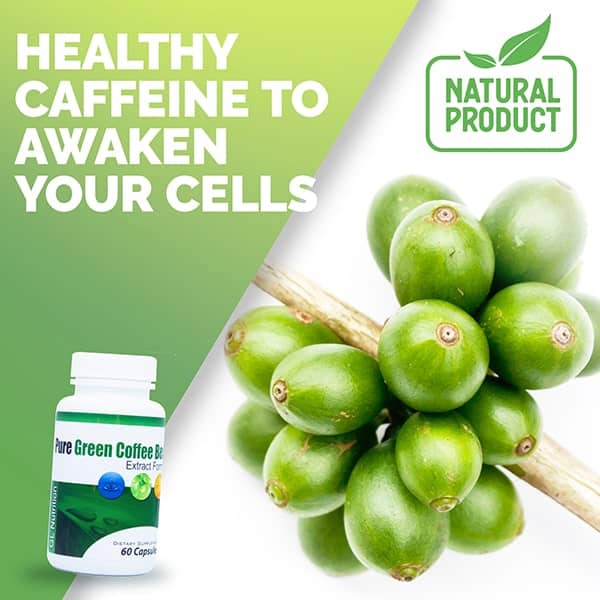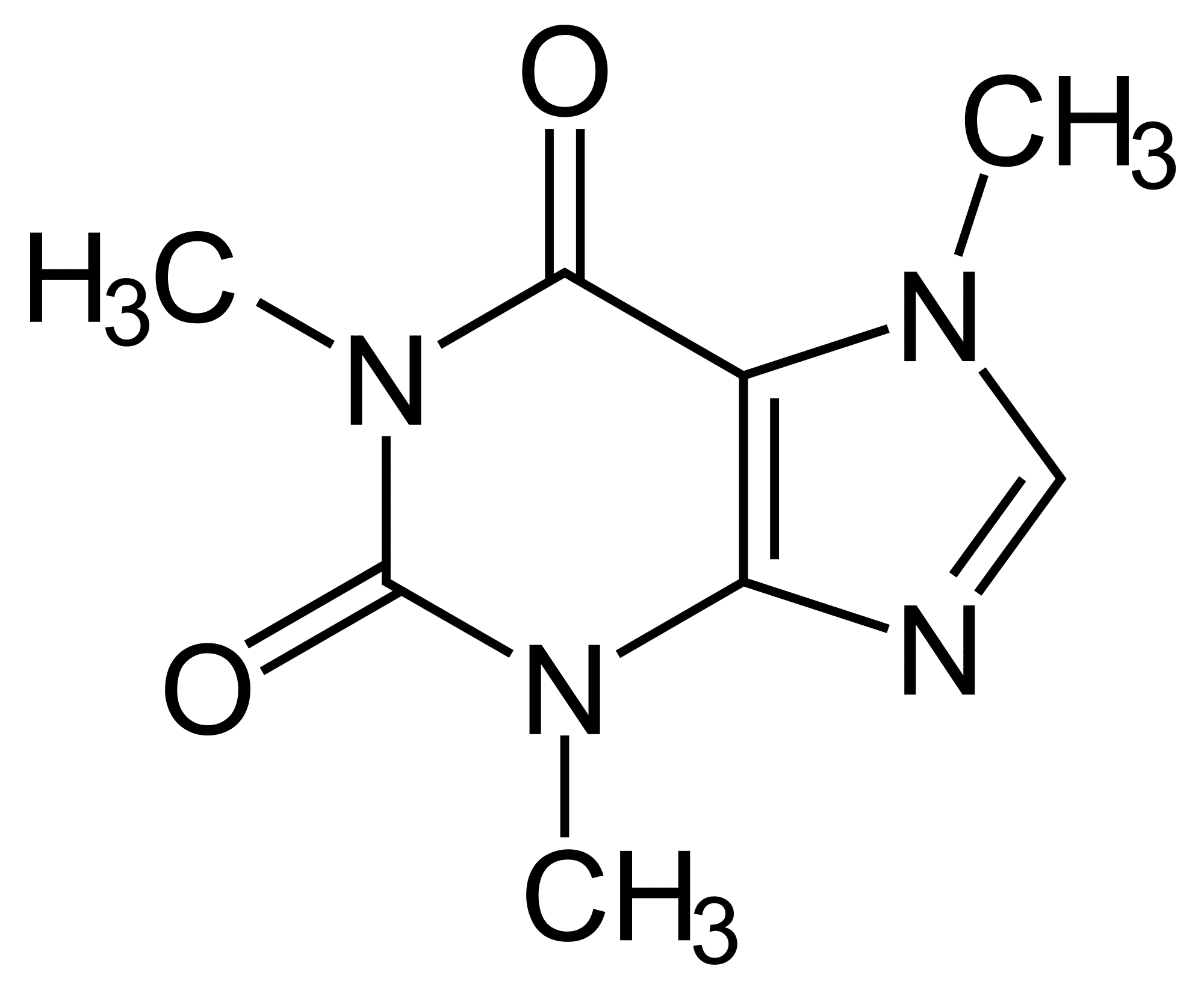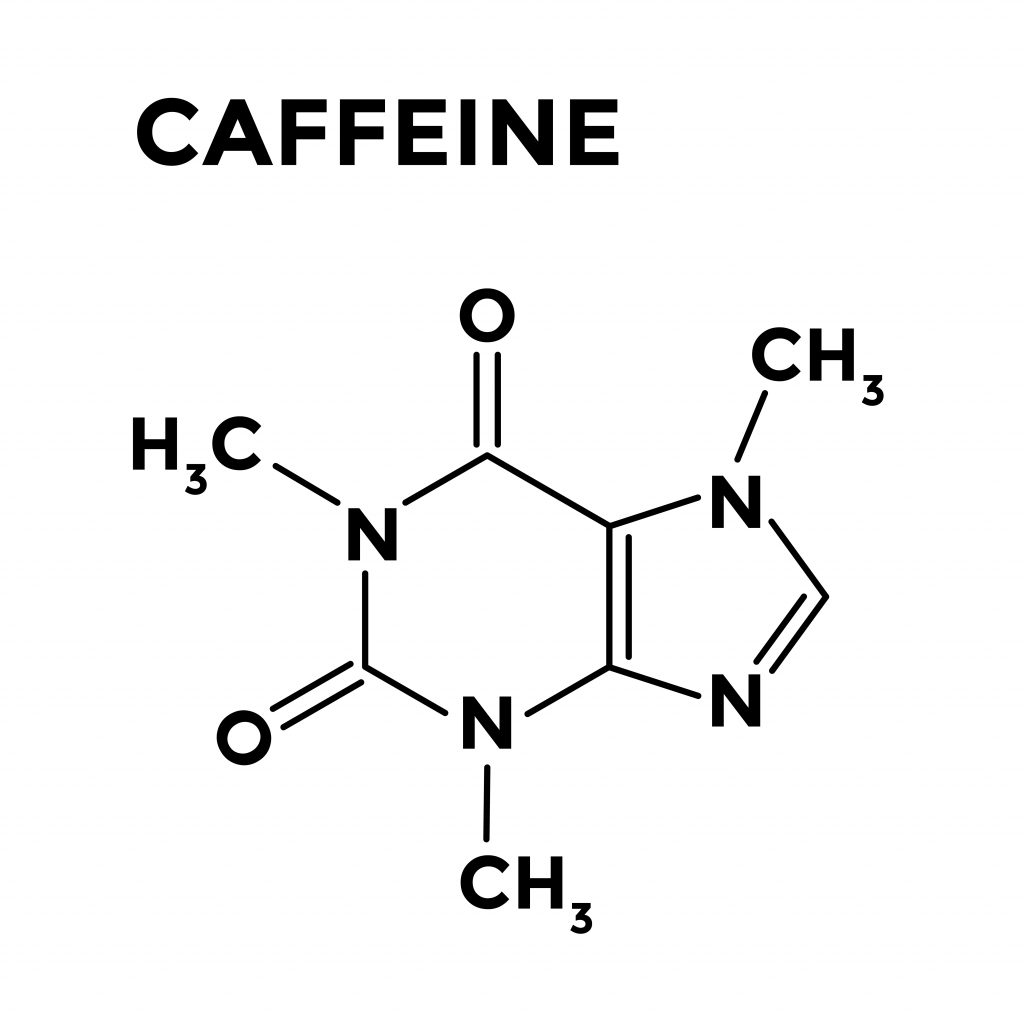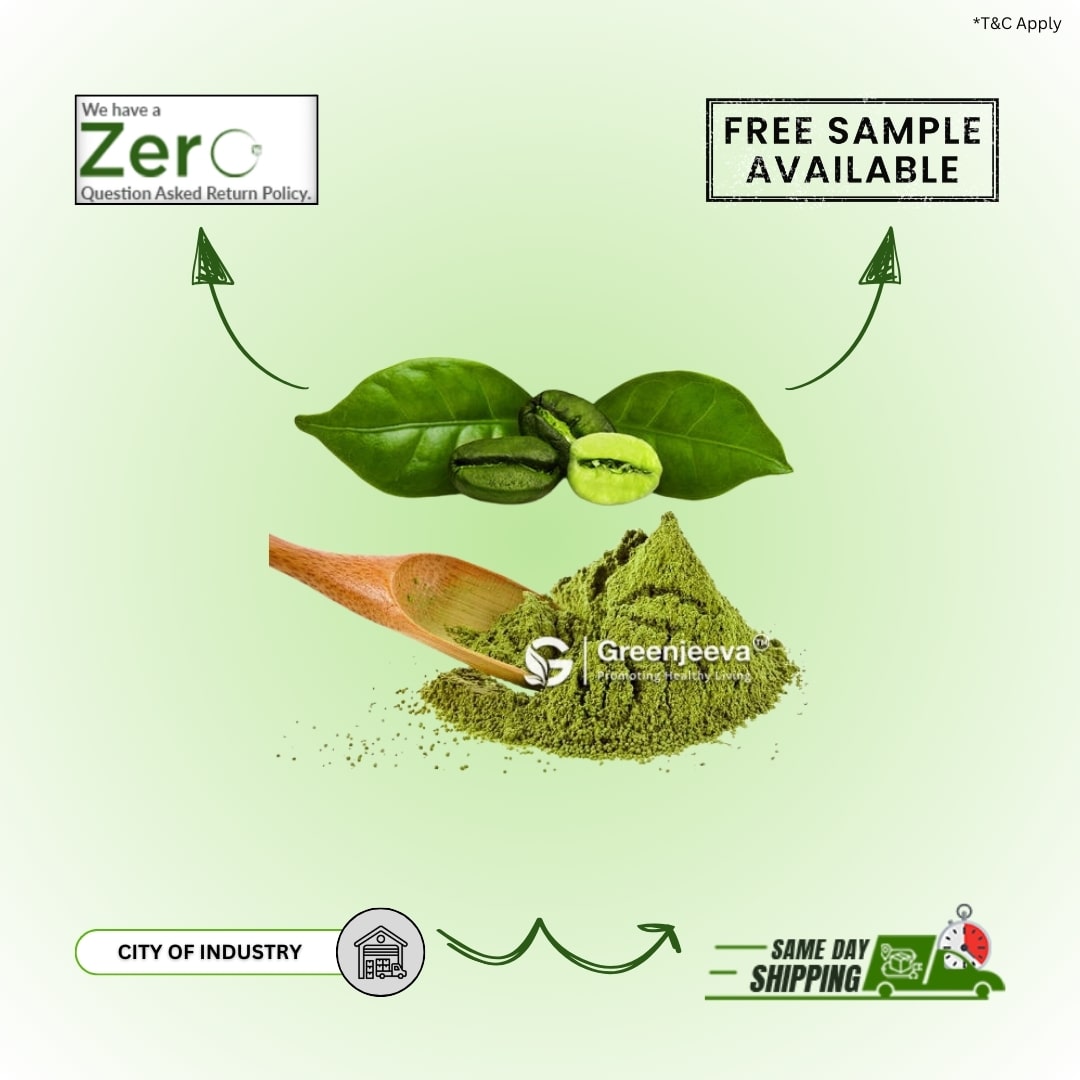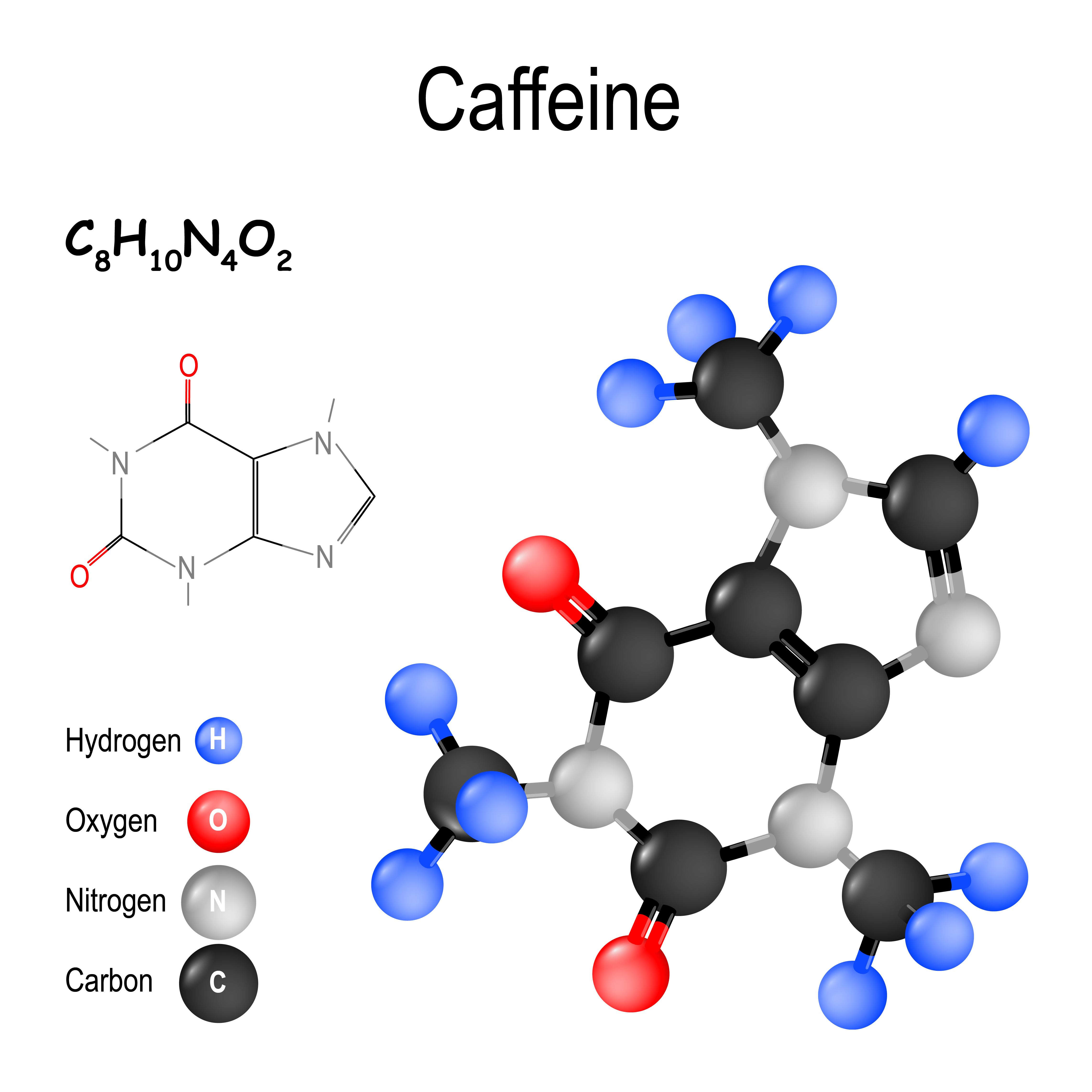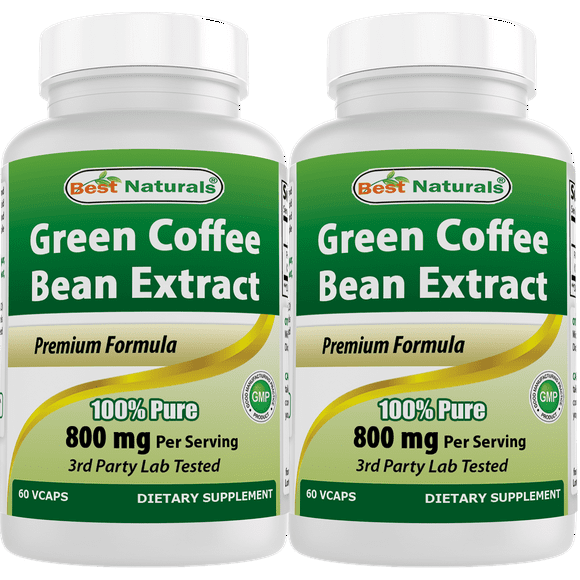How Much Caffeine Is In Green Coffee Bean Extract
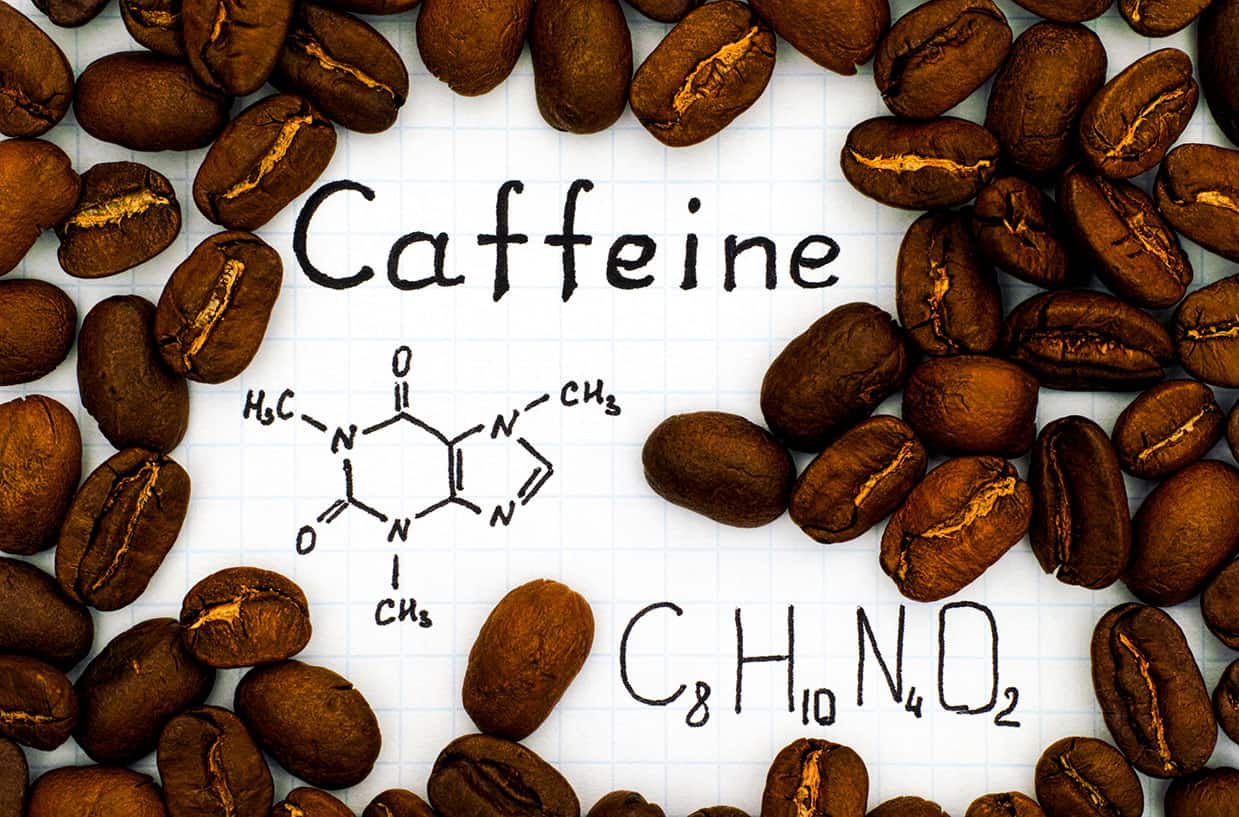
The quest for natural weight loss solutions has led many to green coffee bean extract, touted for its potential fat-burning properties. Central to its purported benefits is chlorogenic acid, an antioxidant believed to influence metabolism. However, a key question often overlooked is the caffeine content within these extracts, a factor that significantly impacts both efficacy and potential side effects.
Understanding the caffeine levels in green coffee bean extract is critical because it directly affects consumer health and product claims. This article delves into the complexities surrounding caffeine levels in green coffee bean extract. It will examine variations across brands, processing methods, and potential health implications, ensuring consumers are well-informed about this popular supplement.
Caffeine Content: A Variable Landscape
Unlike roasted coffee beans, green coffee beans contain caffeine in varying amounts. The caffeine content in green coffee bean extract is influenced by several factors, beginning with the type of coffee bean used.
Arabica beans, for example, generally have lower caffeine levels than Robusta beans. This inherent variability sets the stage for significant differences in the final caffeine concentration of the extract.
Extraction Methods and Caffeine Levels
The method used to extract chlorogenic acid also plays a crucial role. Some extraction processes are more efficient at pulling caffeine from the bean than others. This means even extracts derived from the same type of green coffee bean can exhibit different caffeine profiles.
Furthermore, some manufacturers intentionally decaffeinate their green coffee bean extract to cater to sensitive individuals. This process, however, isn't always 100% effective, and trace amounts of caffeine may still be present.
Labeling Inconsistencies: A Consumer Challenge
Unfortunately, not all green coffee bean extract supplements are transparent about their caffeine content. Some labels may provide vague information. Others might not specify caffeine levels at all, leaving consumers in the dark.
This lack of clarity poses a challenge for individuals who are sensitive to caffeine. These individuals may inadvertently consume amounts that trigger unwanted side effects like anxiety, insomnia, or heart palpitations.
Quantifying Caffeine: Data and Research
While labeling practices vary, some research has attempted to quantify the caffeine content in green coffee bean extracts. Studies have shown that caffeine levels can range from as low as 20mg to as high as 100mg per serving.
This wide range highlights the importance of carefully researching specific brands and seeking out products with transparent labeling. It is important to verify the information using third-party testing results where available.
Comparing Green Coffee Bean Extract to Regular Coffee
To put these figures in perspective, a typical cup of brewed coffee contains around 95mg of caffeine. This shows that some green coffee bean extracts can contain caffeine levels comparable to a cup of coffee, while others contain considerably less.
The variability underscores the need for consumers to understand their own caffeine tolerance and make informed choices.
Health Implications of Caffeine Consumption
Caffeine, in moderation, can offer benefits like increased alertness and improved cognitive function. However, excessive caffeine intake can lead to adverse effects. These include anxiety, insomnia, digestive issues, and increased heart rate.
Individuals with pre-existing heart conditions, anxiety disorders, or those who are pregnant or breastfeeding should exercise caution when consuming green coffee bean extract.
Potential Interactions and Side Effects
Green coffee bean extract can interact with certain medications, particularly those that affect blood pressure or heart rate. It's always advisable to consult with a healthcare professional. Do this before incorporating this supplement into your routine, especially if you're already taking prescription medications.
Navigating the Market: Tips for Consumers
When considering green coffee bean extract, prioritize products from reputable brands that provide detailed information about caffeine content. Look for third-party certifications that verify the accuracy of the label claims.
Start with a low dose to assess your tolerance and gradually increase it if needed, while carefully monitoring for any adverse effects. Listen to your body and adjust your intake accordingly.
For individuals sensitive to caffeine, consider opting for decaffeinated versions of green coffee bean extract. Ensure the decaffeination process is clearly stated and reliable.
The Role of Chlorogenic Acid
It's important to remember that the purported weight loss benefits of green coffee bean extract are primarily attributed to chlorogenic acid. While caffeine may contribute to a temporary boost in metabolism, it's not the primary active ingredient.
Therefore, focusing solely on the caffeine content may overshadow the importance of choosing an extract with a high concentration of chlorogenic acid. This ensures you are actually receiving the intended benefits.
Future Trends and Research
The market for green coffee bean extract is expected to continue growing. More research is needed to fully understand its long-term effects and optimize its formulation.
Future studies should focus on standardizing extraction methods and developing more accurate testing methods for caffeine content. Also, more research on the synergistic effects of chlorogenic acid and caffeine is required.
Consumers should stay informed about the latest scientific findings. Make informed decisions based on credible evidence, rather than relying solely on marketing claims.
In conclusion, the caffeine content in green coffee bean extract is a significant factor that consumers must consider. Variability in caffeine levels, labeling inconsistencies, and potential health implications necessitate a cautious and informed approach.
By understanding the nuances of caffeine in this popular supplement, individuals can make responsible choices that align with their health goals and caffeine tolerance.

